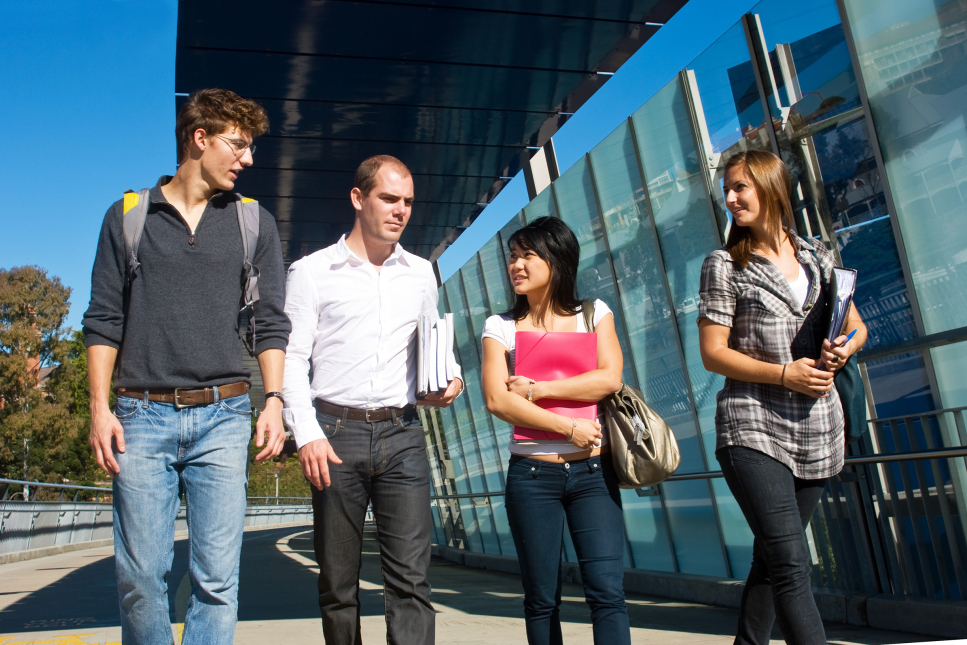Science in the Netherlands
Dutch science is of a high standard and internationally well regarded. Nevertheless, there are significant concerns about such matters as heavy workloads, the strong emphasis on competition, concentration of
resources within the system (‘winner takes all’), and about opportunities for career development, international mobility, and knowledge security. There is also scope for further development of partnerships so as to improve the societal impact of science. Moreover, the new Dutch government has announced hefty cuts in previously planned investment and there are concerns about the potential decline in trust in science among some parts of the population.

We will inform political debate on science and support policymakers by providing data on recent developments and up-to-date interpretation of those developments. Artificial intelligence In this dynamic context, we note a development whose implications are still difficult to grasp, namely the rapid advance of AI in scientific research. What does AI mean for the research process, for the knowledge and skills that researchers require, and for the nature and validity of research results? We will investigate the increasing options for using AI in various research fields. We will examine its effects on research quality and survey what is needed to safeguard quality. In doing so, we will also highlight use of the services provided by foreign tech companies, bearing in mind issues regarding dependency and knowledge security. The central issues are what AI can mean for Dutch science and what needs to be done to ensure that it is utilised responsibly. We will do this by regularly updating the data and indicators on our website (the ‘Science in figures’ section) and by developing new policy indicators and analyses. In doing so, we will offer an up-to-date picture of the state of Dutch science and shed some light on the impact of the announced cuts on research and innovation in the coming period.
Another edition of our regular publication ‘Total investment in research and innovation’ (TWIN 2023–2029) is planned for 2025–2026. Two surveys are also planned that we repeat periodically: a survey of what motivates researchers and lecturers, focusing on workload, career ambitions and mobility, and another such study to determine the extent of Dutch people’s trust in science and the factors influencing that trust. We will also investigate the international mobility of researchers and look back at 50 years of research funding, based on TWIN data.